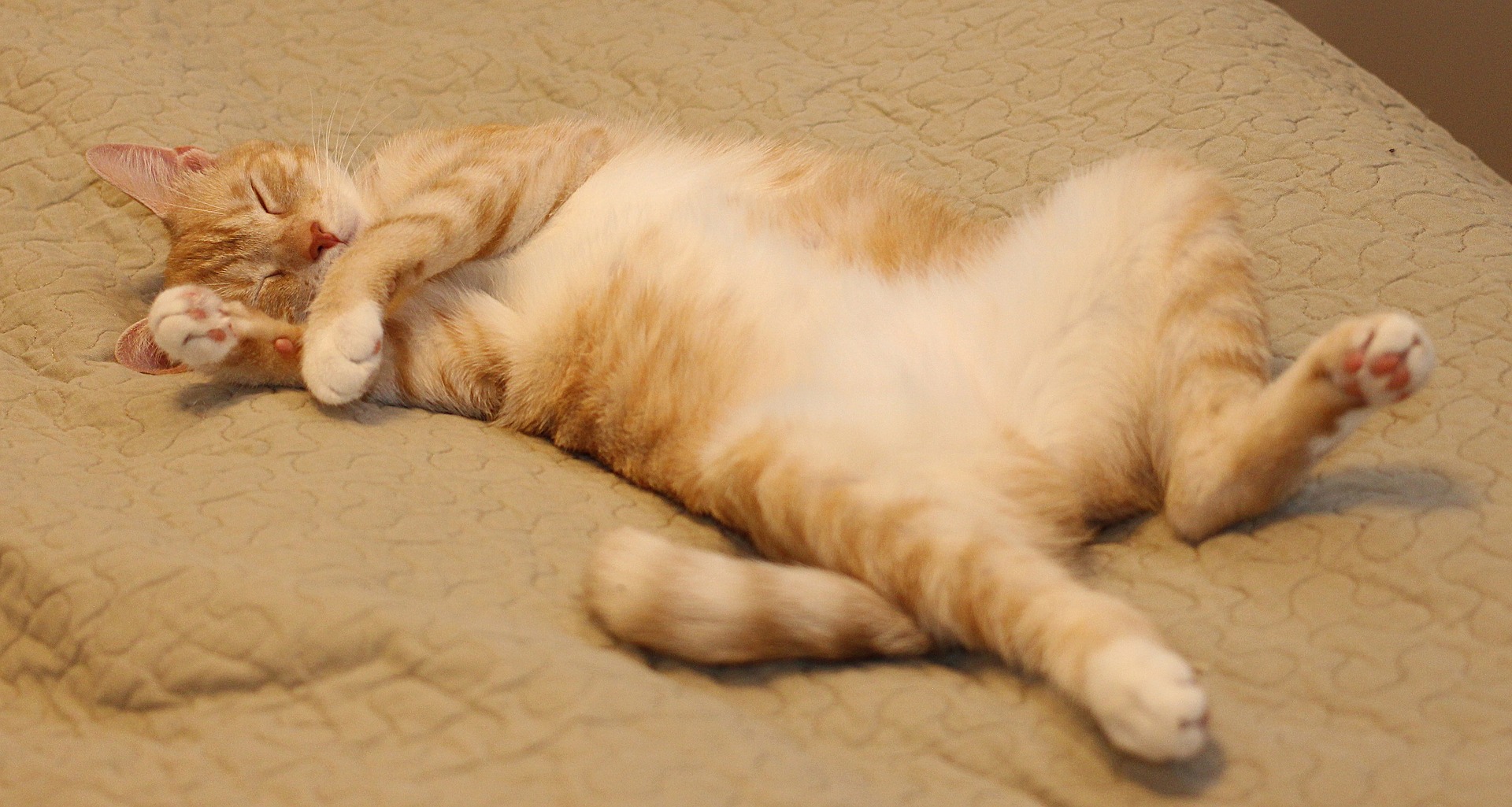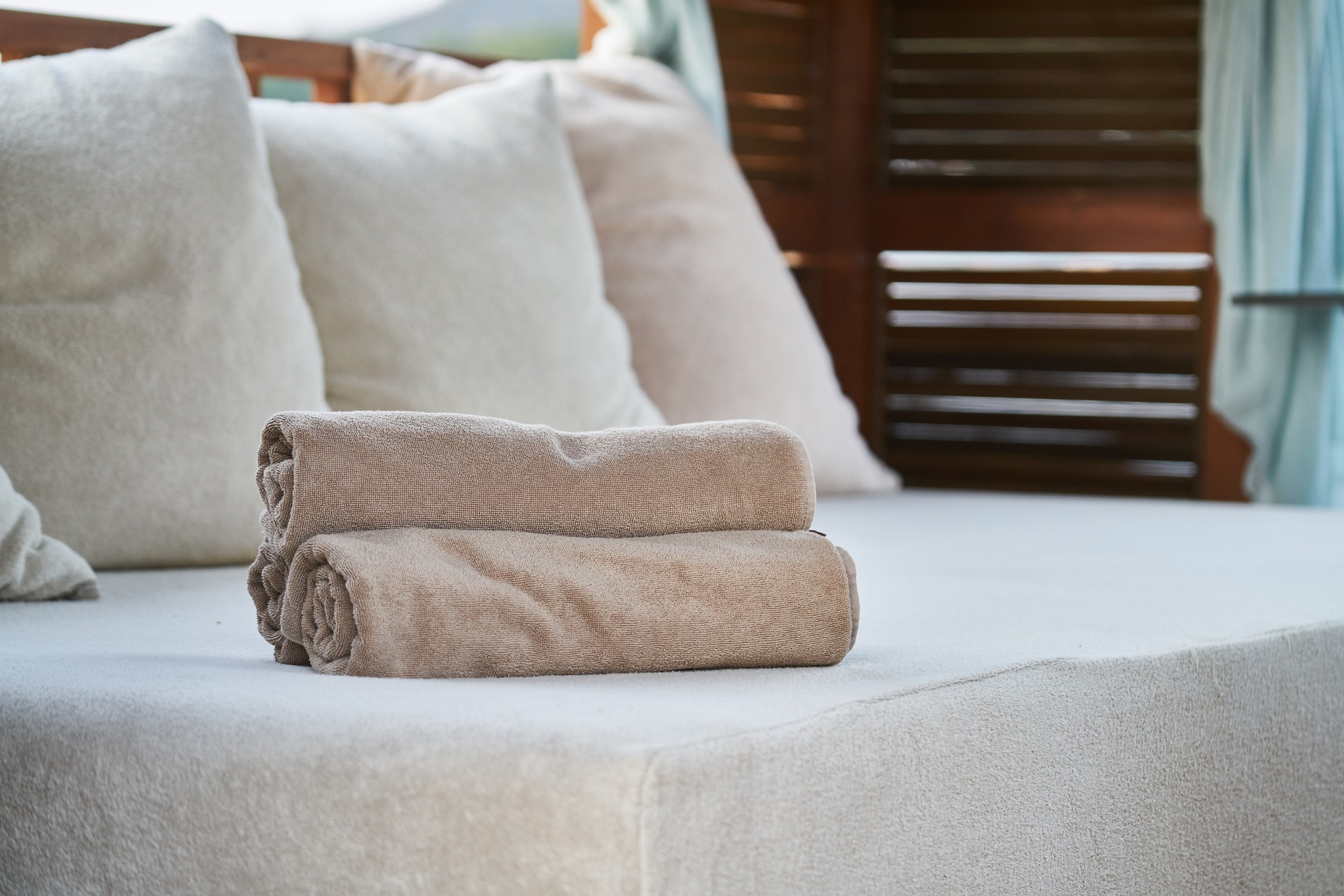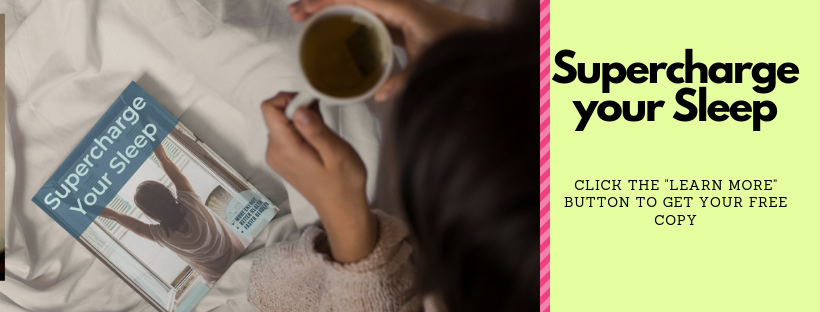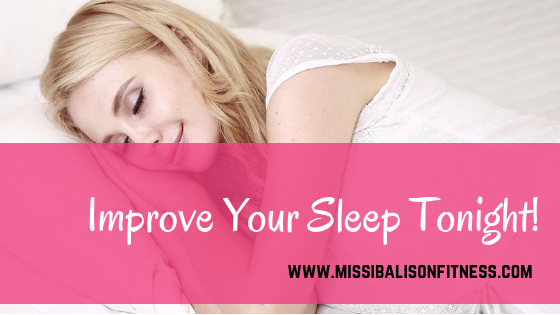Tips To Help You Improve Your Sleep
We know that good sleep helps us have more energy and not be cranky but we also need to give it credit for how it not only affects your health, longevity, happiness but your fat loss as well! Many menopausal women experience some serious sleep disruptions that can add to that already challenging time. In this article we are going to uncover why good sleep is so important and how you can improve your sleep quality
Sleep Impacts your Immune System
A study showed that people who got less than 7 hours of sleep were almost 3 times more likely to get a cold than people who got more than 8 hours of sleep!
Plus, those who scored lower in sleep efficiency (sleep quality) were 5.5 times more likely to get a cold than people who slept better (98% efficiency).
Not only does sleep QUANTITY matter but the QUALITY of your sleep is also critical to good health.
HOW EXERCISE AFFECTS SLEEP
Regular movement and exercise can help improve your sleep. Not only does it help tire you out to make you fall asleep more quickly, it will also help the QUALITY of your sleep. Did you know that research shows that exercise can act just like a sleeping pill ?
In fact, some studies show it actually can help improve your deep sleep phase, which is when your body helps you physically recover and recharge from the day. Pretty cool, right?
So not only are you able to fall asleep faster, but you are able to sleep even better and feel more rested.
Moderate aerobic exercise (cardio workouts like jogging, biking, the elliptical, most cardio classes, etc.) reduces stress and lifts your mood to help make it easier to fall asleep. But it goes deeper than that.
It also can increase how much slow wave (aka “deep”) sleep you get at night – this is a super important stage of sleep because it’s when your body restores and rejuvenates.
The best news is you don’t have to wait months for this effect to happen. According to sleep experts at Johns Hopkins, if you do a 30-minute cardio workout today, you’ll probably feel the results tonight!
As long as your heart rate is elevated during your workout, it really doesn’t matter what kind of exercise you choose. Most of my new clients say they see improvement in their sleep even in the first week of starting their exercise routines! Check out this article for more info on how exercise will improve your sleep …
Effects Of Sleep On Your Brain
The quality of your sleep is incredibly important for your mood, body, and brain!!
We’ve all felt that no-sleep “hangover” at one point or another. The thing is, over time it can take a real toll on your body (and in less time than you might think!).
Losing just one night of sleep led to an increase in beta-amyloid, a protein in the brain associated with impaired brain function and Alzheimer’s disease.
How Lack Of Sleep Effects Fat Loss
Research shows a lack of sleep cuts your body’s ability to 1) metabolize fat and 2) regulate your blood sugar levels.
Scientists at the University of Chicago found that when study participants only got 4 hours of sleep for 3 nights in a row, it affected their blood levels of fatty acids. These were otherwise healthy young men aged 18-30.
Normally, during the night your fatty acid blood levels peak and then drop as the night goes on. That wasn’t the case for the sleep-deprived study participants. Their levels stayed high from 4 a.m. to 9 a.m. – and while the fatty acid levels were high, their bodies’ ability to regulate blood sugar was lowered.
In fact, researchers said the study participants had “pre-diabetic” conditions! The study helped provide even more info about the link between sleep loss, insulin resistance, and an increased chance of developing type 2 diabetes.
What Is The Best Sleep Position?
Sleep experts recommend that you sleep on your back.
 It’s the most neutral position for your entire body, especially if you use pillows to elevate your head properly (which helps you avoid snoring and acid reflux while keeping your airways open).
It’s the most neutral position for your entire body, especially if you use pillows to elevate your head properly (which helps you avoid snoring and acid reflux while keeping your airways open).
Here’s the problem: fewer than 10 percent of us regularly sleep on our backs.
If you’re in the 90% who don’t sleep on their backs, I’ve got a tip to make it a little easier. You’ll just need some extra pillows!
To start, when you go to bed, place pillows along both sides of your body and one under your knees. You’ll also want 1-2 pillows (depending on thickness) under your head to elevate it so you can easily breathe.
You want to make a “nest” for your body that holds you in place.
Try to fall asleep in this position. Drifting off might take a little longer than normal until you get used to it. Chances are, you’ll wake up sleeping in a different position, but each time just try to keep returning to your back.
This next tip can be a gamechanger if you sleep in the same bed with someone else. It’s something that’s pretty common in European countries like Germany and Switzerland.
It’s using two comforters on one bed. No top sheets, just two comforters. That’s right, you each get your own! This is a great idea for a couple reasons.
One, there’s no more fighting for the covers. And if one of you is having a restless night or tossing or turning a lot, you are less apt to be woken up by someone moving the blanket around.
Two, and this is a biggie, you both get to choose how heavy or light your blanket is. This can make a big difference if one of you likes to sleep at a colder temperature than the other.
The only downside is washing your comforter cover more often, since it works as both your sheet and your blanket. But it can be totally worth it.
Stress Has An Impact On Your Sleep
Now, we all have stress, whether we work at a job all day or are at home.
As you know, too much stress can cause your body’s hormone system to get out of whack with your cortisol levels rising at the wrong time of the day.
Cortisol is one of your body’s fight-or-flight hormones, which is a great thing to have when you need it … but it can really do a number on you when you don’t have anything to actually fight against!
When you have too much of it at the wrong time (which WAY too many of us do), it can definitely interfere with your sleep.
That’s why it’s a good idea to take little “destress” breaks during the day, and going for a walk is a great way to do that.
Getting outside for a change of scenery can help you cut stress
Getting outside for a break lets you enjoy the sun and the outdoors, get a new perspective on things, or just get some fresh air! It’s one of my favorite things to do.
Letting your body get some sunshine every day will help keep your body’s natural
 internal clock running properly.
internal clock running properly.
Your body has its own internal clock, sometimes called your circadian rhythm, and stress, lack of light, or poor sleep quality can confuse it.
One way to help keep your internal timer tuned is to let your body get some sunshine!
This is also a good idea if you are traveling to another time zone. Get some natural light as soon as possible so your body recognizes when it’s daytime, and also when it’s time to go to sleep.
As soon as you wake up in the morning, turn on the lights or get some natural light, so your body gets the signal that it’s morning and it’s time to go! Who knew that drinking your morning coffee on the deck had some bonus benefits?
On the flip side, an hour or so before bed, dim the lights so your body knows it’s time to wind down.
These light-related tips will help supercharge your internal body clock
Your Surroundings Can Improve Your Sleep Quality
Make sure your bedroom is cool, dark, and quiet. You’ve probably already heard this, but it really can make a HUGE difference.
 Make sure your room is as uncluttered as possible. Even though your eyes are closed when you sleep, if you are surrounded by clutter in your bedroom, it can be really hard to fully relax.
Make sure your room is as uncluttered as possible. Even though your eyes are closed when you sleep, if you are surrounded by clutter in your bedroom, it can be really hard to fully relax.
Your closet and bathroom door should be closed, your surfaces clutter-free, and if at all possible, keep anything work-related out of your room. Basically, your bedroom should be reserved for bedroom activities.
If you watch TV in your room, consider using a blue light filter so the light doesn’t interfere with your sleep.
The blue light emitted from your TV, phone or other device can send signals to your brain that interfere with your body’s natural hormonal rhythms and make it hard to fall asleep.
There are many filters and apps available to help you with this!
Keeping a cool room matters because your body’s temperature naturally drops when you sleep, and anything that interferes with that can make it hard to stay asleep.
Anywhere between 60 and 67 degrees is the sweet spot. Personally, I sleep with the temperature at about 68 degrees
Next, making sure your room is quiet is also important. If you need help drowning out outside noises, try using a sound machine or white noise app. My favorite is ear plugs! #LifeChanging
You probably already have everything you need to create the perfect ambient sound for your room. There are literally dozens if not hundreds of sleep apps for your phone or tablet, and if you have any smart home devices, like those that use Alexa, they also can play white noise for you.
You can even go crazy and try pink and brown noise too, because those are options, along with rain showers, the ocean, and forest sounds.
How does all of that sound? Doable? I hope so! I hope you will give some of them a try tonight and be on your way to better health!
A few years ago I wrote an article on my best sleep hacks and I still love them. you can check them out HERE ON THE BLOG
Want learn more? Get on my newsletter email list AND grab my brand new Supercharge Your Sleep Guide right HERE

